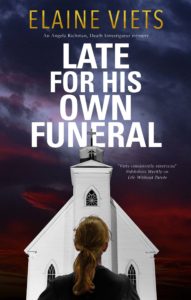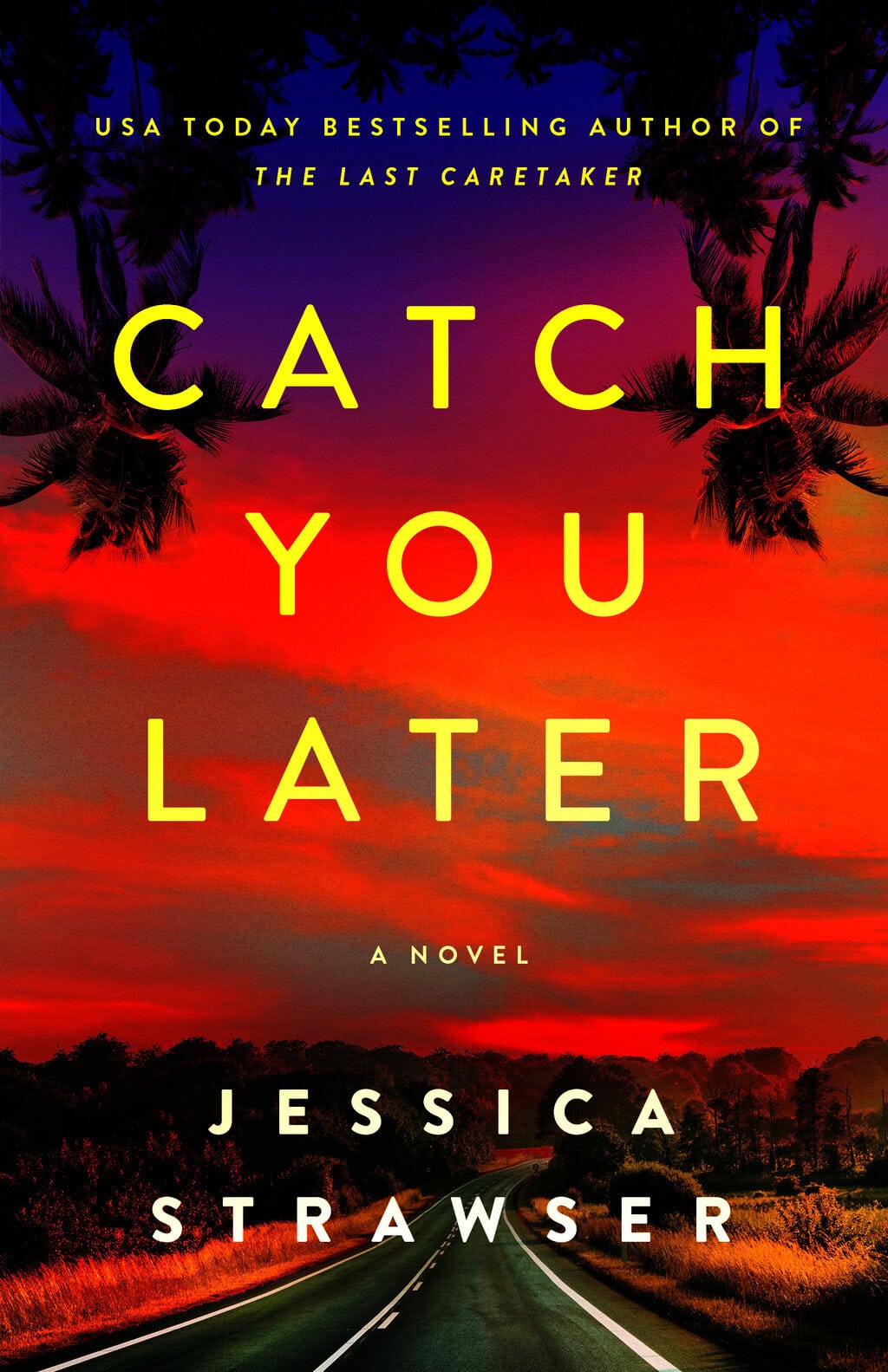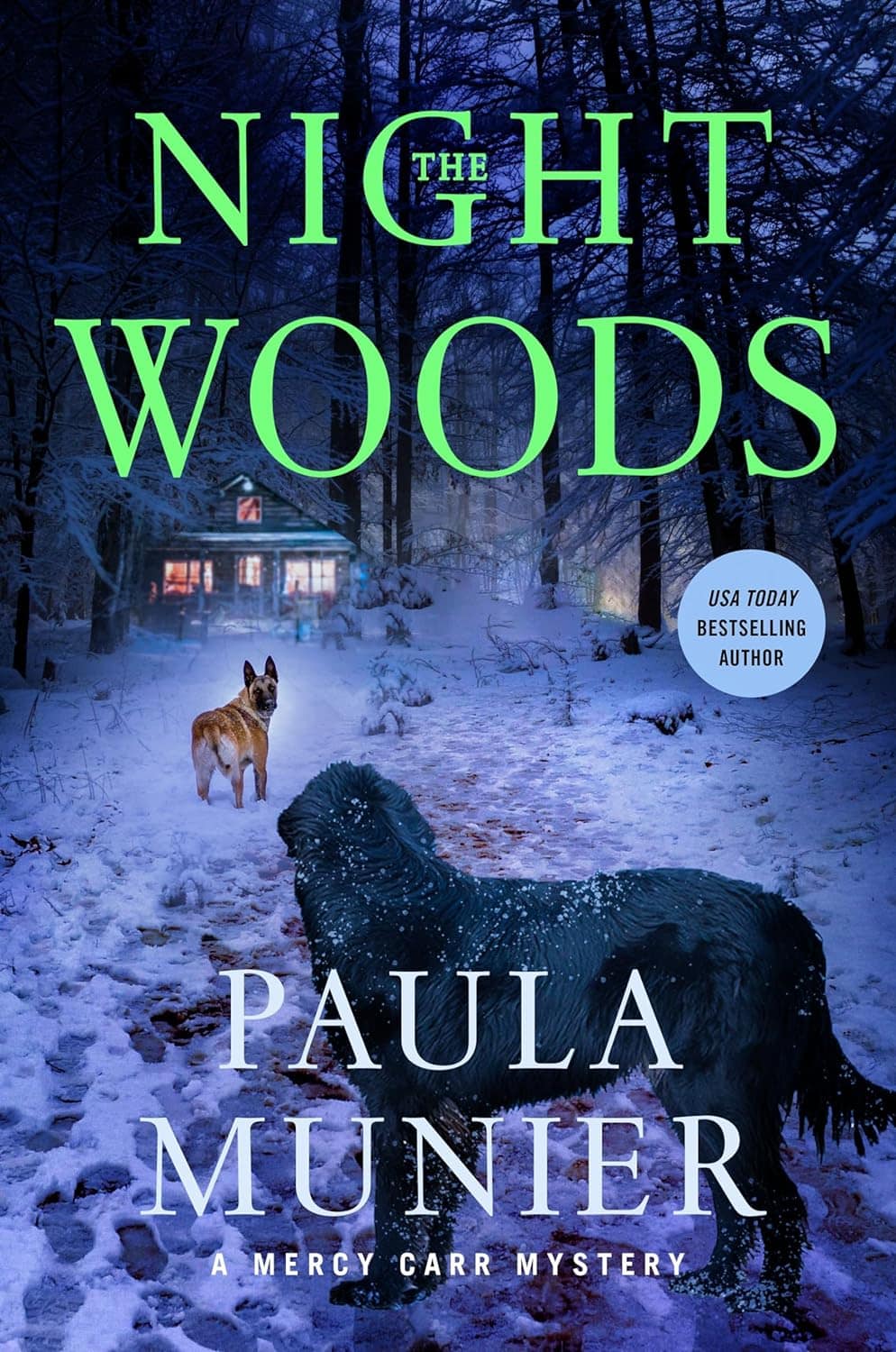One of the first decisions a novelist makes is this: Series or stand-alone?
I tried to write a stand-alone – and failed. I had this terrific idea for a mystery: Helen Hawthorne is on the run, working in a dress shop for cash under the table. When a shop associate is murdered, Helen has to find the killer before the police figure out who Helen really is. I wanted to call the mystery The Dead-End Job.
My editor had a better idea: She said, “Make The Dead-End Job the name of your series, and come up with another name for your mystery.”
The new mystery was baptized Shop till You Drop. It was the first of a twelve-novel series featuring Helen Hawthorne. So far, I’ve written thirty-one mysteries in four series. Book thirty-two, the seventh in the Angela Richman, Death Investigator series is due at my publisher August 31.
What about you? Are you torn between writing a mystery series or a stand-alone? Sue Grafton and Sir Conan Doyle certainly made series work for them. But Gillian Flynn’s wildly successful stand-alone Gone Girl, sparked a movie, as well as a slew of mysteries with “Girl” in the title and an avalanche of unreliable narrators.
So which way will you go with your novel? Here are ten tips to help you decide.
(1) What kind of mystery are you writing?
The mystery world has many subgenres, including cozies, police procedurals, suspense, romantic suspense, thrillers, forensic mysteries, legal mysteries and more. Some subgenres lend themselves more to series, especially cozy mysteries.
Cozies are mysteries in the style of Agatha Christie. In these well-bred mysteries, blood and gore take place offstage, and cuss words are rare. Charlaine Harris made her cozy Aurora Teagarden series work, and it became a series of Hallmark movies.
(2) Is your series character memorable enough for more than one book?
Sherlock Holmes definitely was. To this day, readers write letters to 221B Baker Street, asking for the Great Detective’s help. Sue Grafton’s private eye Kinsey Milhone took us through the alphabet from A Is for Alibi to Y Is for Yesterday. At Grafton’s untimely death, her family announced, “The alphabet stops at Y.”
(3) Can your character keep getting involved in murder investigations?
Forensic and police procedurals are ready-made for murder. But if you’re writing a cozy set in a small shop, how long can your protagonist keep finding bodies?
 (4) Can my series go on for more than one book?
(4) Can my series go on for more than one book?
If you’re writing a police procedural, a legal, or forensic series, you have infinite possibilities for murder. But if you’re writing one of the many charming cozies, especially the food and hobby cozies, you may have a more difficult time. You can’t keep tripping over dead people in your sweet little shop – it’s bad for business. Many hobby and food mystery series end after three or four books – and that’s just fine with the authors. They move on to the next series.
One delightful exception is Eve Sandstrom’s Chocoholic series, written under the pen name Joanna Carl. That cozy series which has at least 18 mysteries, beginning with The Chocolate Cat Caper in 2002 through The Chocolate Raccoon Rigmarole.
(5) Can my character grow and change through the series?
Readers get bored with static characters. If you write a novel, your main character is expected to change, for better or worse, during the story. The same is true over the course of a series. Take Joanna Carl’s Chocoholic series. The main character is Lee McKinney, a Texas trophy wife who is divorced. Lee is quick-witted and adaptable. She moves to the small Michigan town of Warner Pier, and takes over a luxury chocolate business previously managed by her aunt. The mysteries are fun to read, and the author has researched chocolates in mouth-watering detail. Also, Lee changes over the course of the many books.
(6) Is my setting strong enough to sustain a series?
Your setting has to be almost like another character: so strong you’ll want to revisit it book after book. Sara Paretsky’s Chicago, Michael Connelly’s Los Angeles, and Agatha Christie’s St. Mary Mead are all examples of strong settings. St. Mary Mead is a fictional town, Miss Marple’s home, but with its High Street shops, cottages and churches, it seems as real as any LA mean street.
(7) What are the advantages of writing a mystery series?
The first book in the series is the hardest to write. You have to build a new world, set your location and write memorable main characters. But once you’re built that world, the other books because easier. You already know who your protagonist is, as well as their sidekick, spouses, children and pets. You can start right in.
A series sells into the future – and back into the past. If readers buy the third book in your seven-book series and like it, they may buy all the other books, and wait for your new release. It helps if you write your series so your reader can jump in at any book and not feel lost.
(8) You have more selling opportunities with a series.
Traditionally published series come out first as a hardcover and an e-book, and then as a paperback. That’s three difference price points for your readers. More, if your large print and audio rights are sold. And when the physical books are out of print, there are still e-book sales. Those can be almost eternal.
(9) What are the disadvantages of a mystery series?
You need to keep a “bible” for each book. That’s a list of all the important details, from physical characteristics to plot points and methods of murder. Otherwise, your protagonist will have blue eyes in one book and brown eyes in another. In fact, your bible will keep track of every name and date in the book. How long was your protagonist married to her first husband? When did he die? What did he die of? What are the names of the pets?
Sir Arthur Conan Doyle did not keep a bible, and readers still debate if Watson was shot in the shoulder or the leg. How many times was he married? Start your bible right away. Otherwise, it’s like cleaning out the attic. You’ll do it “someday.”
(10) Do you want to write a series?
If you’d rather write a book, finish it, and move on to the next, than a stand-alone is the way to go. You have to live with a series and its characters for a long time – decades, if your series is successful.
Conan Doyle got so tired of Sherlock Holmes he tried to kill the Great Detective at the Reichenbach Falls in 1891. It didn’t work. Some twenty thousand readers canceled their subscriptions to the Strand Magazine. Sherlock was back – even though Conan Doyle didn’t write another Holmes story until eight years after he’d sent Holmes to his death.
Most writers would kill for Conan Doyle’s dilemma. A series is a lot like starting a family – if you want to be free, stick with stand-alones.
Will you choose family or freedom for your next novel? Join us on Facebook to talk series versus stand-alone….
 Elaine Viets has written 31 bestselling mysteries in four series: hard-boiled Francesca Vierling, traditional Dead-End Job, and the cozy Josie Marcus Mystery Shopper novels. With her Angela Richman, Death Investigator forensic mysteries, Elaine returned to her hard-boiled roots. Late for His Own Funeral is her newest Angela Richman mystery. Kings River Life said Late for His Own Funeral was “a fascinating exploration of sex workers, high society, and the ways in which they feed off of one another.”
Elaine Viets has written 31 bestselling mysteries in four series: hard-boiled Francesca Vierling, traditional Dead-End Job, and the cozy Josie Marcus Mystery Shopper novels. With her Angela Richman, Death Investigator forensic mysteries, Elaine returned to her hard-boiled roots. Late for His Own Funeral is her newest Angela Richman mystery. Kings River Life said Late for His Own Funeral was “a fascinating exploration of sex workers, high society, and the ways in which they feed off of one another.”
Elaine’s Deal with the Devil and 13 Short Stories was published by Crippen & Landru. She’s been toastmaster and guest of honor at the Malice Domestic Mystery Conference. Elaine’s won the Agatha, Anthony and Lefty Awards and was shortlisted for the International Thriller Writers Award for best short story. For more, visit www.elaineviets.com.





